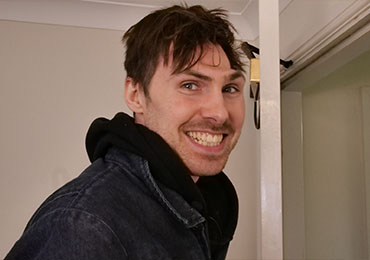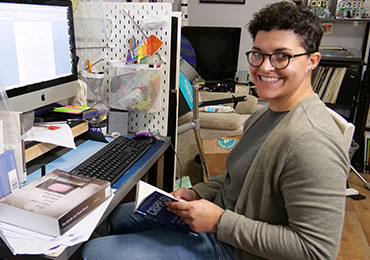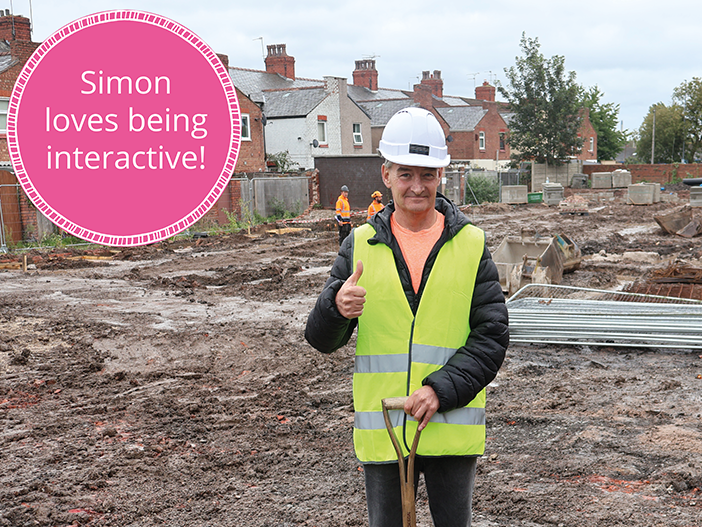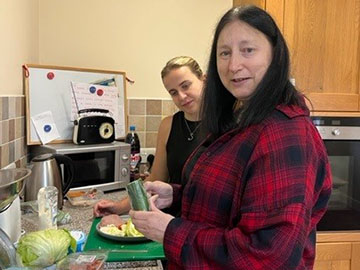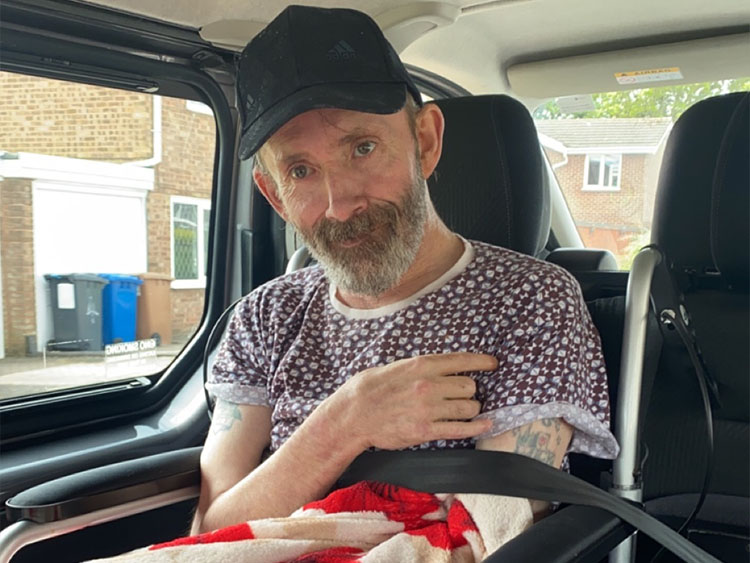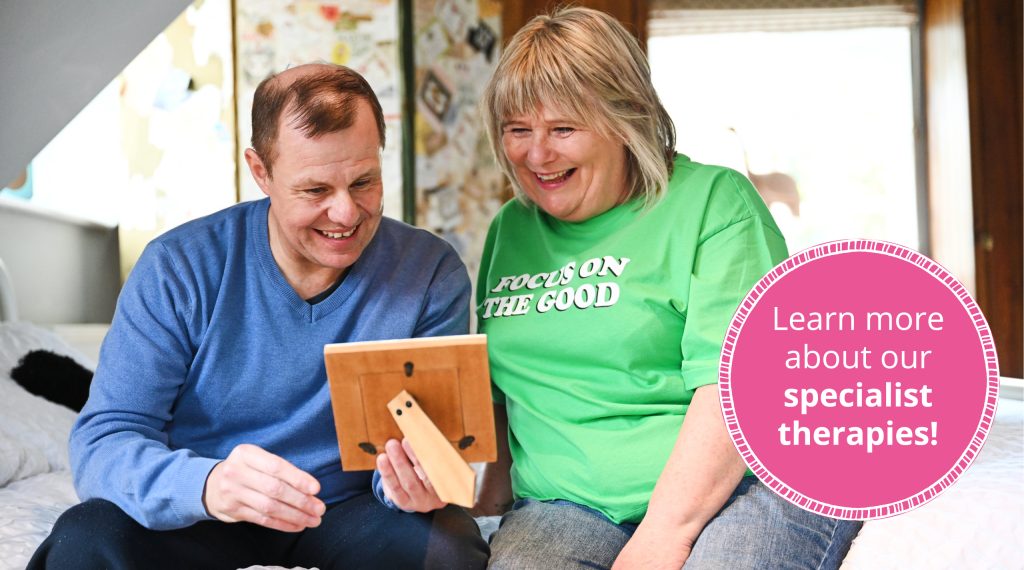
We understand that brain injuries can result in additional, complex needs that seriously impact someone’s independence. From being able to walk, to making a cup of tea, there are many layers to independence and regaining quality of life.
As part of our specialist rehabilitation support, we use slow stream rehabilitation. This is a holistic view of someone’s life, focusing on their long-term goals and supporting them to live more independently. Therapies are a key part of the slow stream technique. There are various evidenced-based approaches that we use as part of our rehabilitation approach.
Speech and Language Therapy
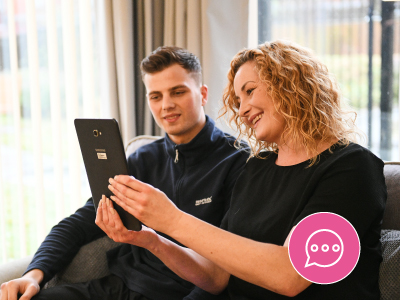
Speech and Language Therapy (SALT) works on developing communication skills. After a brain injury, people can often find it difficult to verbally communicate, or can present a loss of insight and understanding.
Occupational Therapy
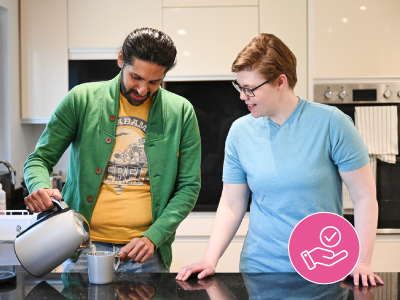
Occupational therapists are a key part of brain injury rehabilitation, as they support people in all areas of daily living, helping them regain their independence.
Physiotherapy
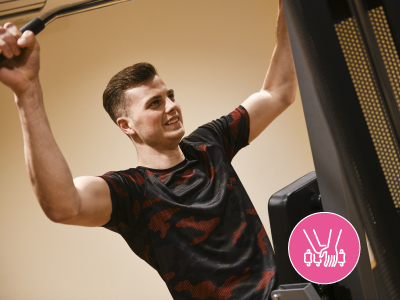
A Neuro-Physiotherapist is equipped with the tools to assess someone’s therapy needs following a brain injury and create a support plan based on their condition.
Creative Therapy
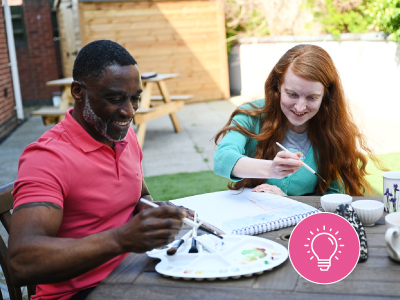
Providing a wide range of physical and emotional benefits to people with brain injuries, creative therapies include Neuro Music Therapy, Neuro Art Therapy, and Neuro Drama Therapy.
Cognitive Behavioural Therapy
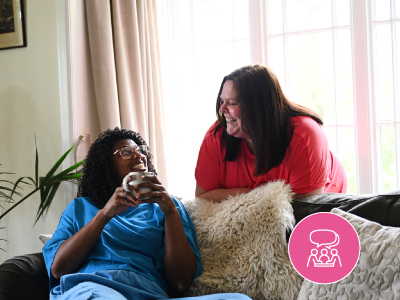
This is a specific type of talking therapy that helps people make sense of the world around them through experiences, senses, and thoughts.
Psychotherapy
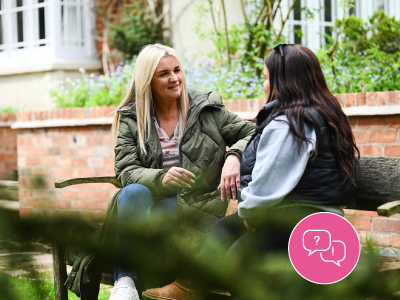
Psychotherapy is also a type of talking therapy. It is beneficial in supporting behaviour and managing emotions – both of which are often affected after a brain injury.
Psychology
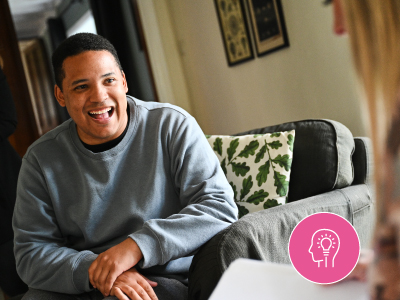
Psychology is the study of people and how they think, act, react and interact with others. It considers all layers of behaviour, thoughts, feelings and what motivates us to do certain things.
Find out more
If you’d like to learn more about how our specialist brain injury rehabilitation services can support you or a loved one, fill in our quick and easy enquiry form and a member of our team will be in touch!


 More success stories
More success stories 